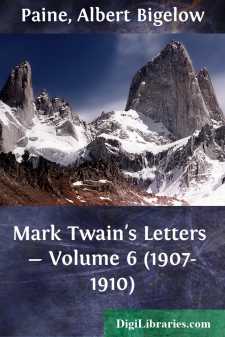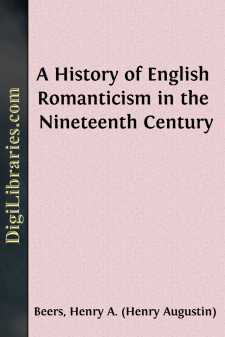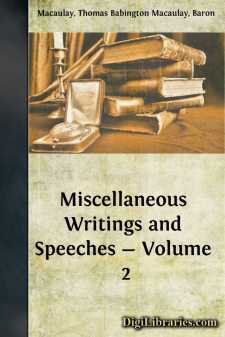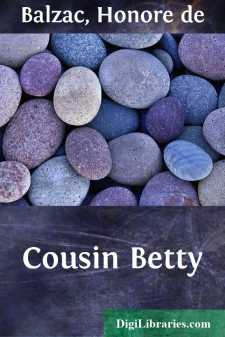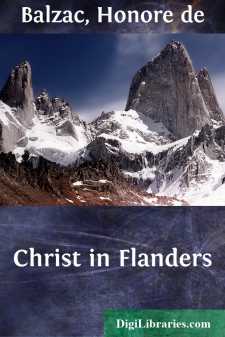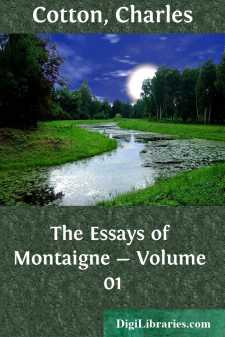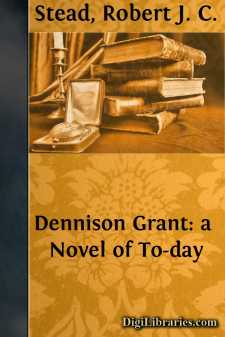Literary Collections
- American 84
- Ancient, Classical & Medieval 14
- Asian 1
- Australian & Oceanian 1
- Canadian 55
- Continental European 121
- English, Irish, Scottish, Welsh 179
- Essays 160
- General 24
- Letters 46
- Middle Eastern 1
Literary Collections Books
Sort by:
To Mr. J. Howard Moore: Feb. 2, '07. DEAR MR. MOORE, The book has furnished me several days of deep pleasure and satisfaction; it has compelled my gratitude at the same time, since it saves me the labor of stating my own long-cherished opinions and reflections and resentments by doing it lucidly and fervently and irascibly for me. There is one thing that always puzzles me: as inheritors of the...
more...
by:
Hannah More
INTRODUCTION. It is with the utmoÃ
¿t diffidence that the following pages are Ã
¿ubmitted to the inÃ
¿pection of the Public: yet, however the limited abilities of the author may have prevented her from Ã
¿ucceeding to her wiÃ
¿h in the execution of her preÃ
¿ent attempt, Ã
¿he humbly truÃ
¿ts that the uprightneÃ
¿s of her intention will procure it a candid...
more...
CHAPTER I. Walter Scott.[1] It was reserved for Walter Scott, "the Ariosto of the North," "the historiographer royal of feudalism," to accomplish the task which his eighteenth-century forerunners had essayed in vain. He possessed the true enchanter's wand, the historic imagination. With this in his hand, he raised the dead past to life, made it once more conceivable, made it even...
more...
"The Poetical Works of John Dryden". In 2 volumes.University Edition. London, 1826. The public voice has assigned to Dryden the first place in the second rank of our poets,—no mean station in a table of intellectual precedency so rich in illustrious names. It is allowed that, even of the few who were his superiors in genius, none has exercised a more extensive or permanent influence on the...
more...
by:
Honore de Balzac
COUSIN BETTY One day, about the middle of July 1838, one of the carriages, then lately introduced to Paris cabstands, and known as Milords, was driving down the Rue de l'Universite, conveying a stout man of middle height in the uniform of a captain of the National Guard. Among the Paris crowd, who are supposed to be so clever, there are some men who fancy themselves infinitely more attractive in...
more...
by:
Honore de Balzac
CHRIST IN FLANDERS At a dimly remote period in the history of Brabant, communication between the Island of Cadzand and the Flemish coast was kept up by a boat which carried passengers from one shore to the other. Middelburg, the chief town in the island, destined to become so famous in the annals of Protestantism, at that time only numbered some two or three hundred hearths; and the prosperous town of...
more...
THE LIFE OF HEINRICH HEINE BY WILLIAM GUILD HOWARD, A.M.Assistant Professor of German, Harvard University I. The history of German literature makes mention of few men more self-centered and at the same time more unreserved than Heinrich Heine. It may be said that everything which Heine wrote gives us, and was intended to give us, first of all some new impression of the writer; so that after a perusal...
more...
by:
Alexander Bain
I. On the prevailing errors on the mind, proposed to be considered in this paper, some relate to the Feelings, others to the Will. In regard to Mind as a whole, there are still to be found among us some remnants of a mistake, once universally prevalent and deeply rooted, namely, the opinion that mind is not only a different fact from body—which is true, and a vital and fundamental truth —but is to...
more...
by:
Charles Cotton
PREFACE. The present publication is intended to supply a recognised deficiency in our literature—a library edition of the Essays of Montaigne. This great French writer deserves to be regarded as a classic, not only in the land of his birth, but in all countries and in all literatures. His Essays, which are at once the most celebrated and the most permanent of his productions, form a magazine out of...
more...
CHAPTER I "Chuck at the Y.D. to-night, and a bed under the shingles," shouted Transley, waving to the procession to be off. Linder, foreman and head teamster, straightened up from the half load of new hay in which he had been awaiting the final word, tightened the lines, made an unique sound in his throat, and the horses pressed their shoulders into the collars. Linder glanced back to see each...
more...


